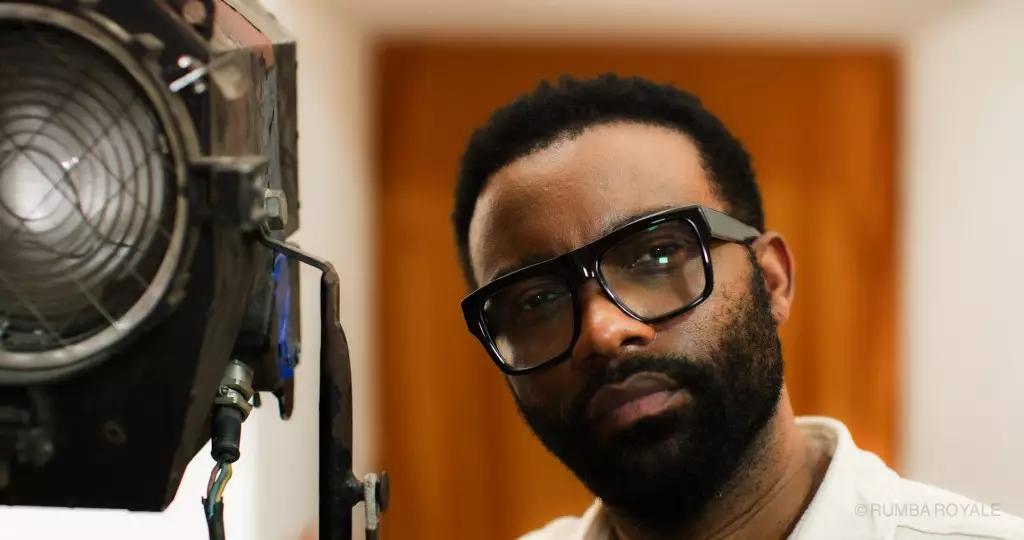Fally Ipupa, the celebrated Congolese musician widely recognized as the “Prince of Rumba,” has ventured into acting with his role in the historical thriller “Rumba Royale.” This film, set against the backdrop of the Democratic Republic of Congo in the late 1950s, illustrates not only a pivotal moment in the nation’s history but also showcases Ipupa’s multifaceted talent, merging his musical prowess with acting. As the film premiered amid the prestigious Berlin Film Festival, a new chapter in African cinema unfolded, spotlighting the potential for storytelling that resonates globally.
“Rumba Royale” provides a vivid portrayal of Leopoldville—now known as Kinshasa—during a time when the country was on the cusp of independence from Belgian colonial rule. The film captures the vibrant ambiance of a Rumba club, juxtaposing the local nightlife with the brewing tides of political change. This historical context not only serves as a dramatic backdrop but also reflects the cultural resilience of the Congolese people, making it a significant narrative as the continent increasingly seeks to reclaim its stories through film.
Fally Ipupa’s transition from a musical icon to an actor seemed seamless, yet it required significant effort and commitment. In an interview, he expressed that the discipline he carved out during his music career carried over into his acting endeavors. “You can’t have a career like mine if you don’t put in the work; talent alone is not enough,” he stated, highlighting the dedication required to succeed in the arts. This sentiment mirrors the reality many artists face—success is often a product of relentless work and passion.
Despite his immense popularity, managing his schedule while on tour posed challenges during the film’s production. His commitment to the role of Danel, a bohemian photographer, signifies a readiness to explore new artistic territories. This willingness to embrace acting reflects a broader trend among musicians who seek to transcend their primary crafts, further enriching their creative expressions.
The collaborative spirit of “Rumba Royale” is evident through its diverse team, which includes co-star Mélanie Bokata, cinematographer Ronny Law, and director Hamed Mobasser. The dynamic between Ipupa and the production team showcases a shared vision—one that aims to elevate African cinema on the global stage. Mobasser’s acknowledgment of Ipupa’s disciplined work ethic reinforces the importance of professionalism in the film industry, particularly when navigating the pressures of working with established artists.
Moreover, Mobasser’s intentions for “Rumba Royale” extend beyond just entertainment. He aspires for the film to serve as a “blueprint” for future projects in the DRC and beyond, encouraging investors to recognize the commercial viability of African narratives. By portraying authentic stories that resonate with local and international audiences, the film counters the often stereotypical depictions of Africa in mainstream media.
As the conversation surrounding “Rumba Royale” unfolded at AfroBerlin, it became clear that this film holds the promise of changing perceptions about filmmaking in Africa. With aspirations to reach audiences not only in the Democratic Republic of Congo but also throughout French-speaking Africa, the implications of this project are far-reaching. The film serves not merely as a story of a nation on the brink of independence but as a testament to the transformative power of cinema in reclaiming cultural narratives.
In closing, Fally Ipupa’s debut in “Rumba Royale” exemplifies the exciting possibilities at the intersection of music and film. His journey reflects a growing movement among African artists to embrace diverse forms of expression while contributing to a richer, more nuanced portrayal of the continent’s stories. As more artists like Ipupa step into the realm of acting, the future of African cinema looks promising, with the potential to capture hearts and minds across the globe.

